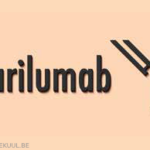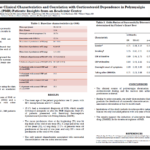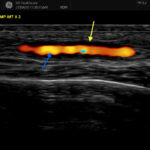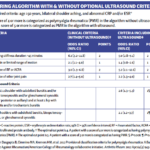As they usually are, the pediatrics are absolutely correct: A child is not just a little adult. The same can be said for the eldest among us: Senior citizens are more than just old adults; they have their own biopsychosocial considerations that we, as rheumatologists, must tend to. Among all the conditions that we find…









